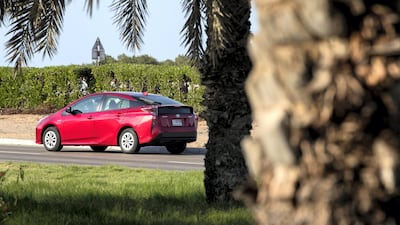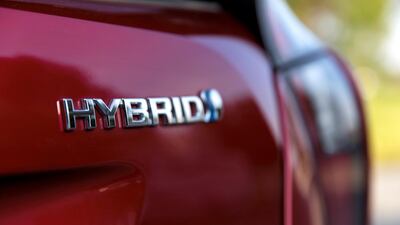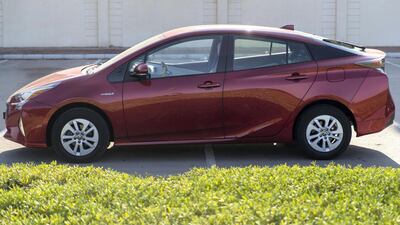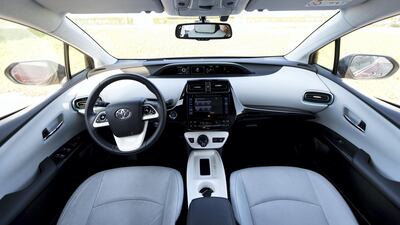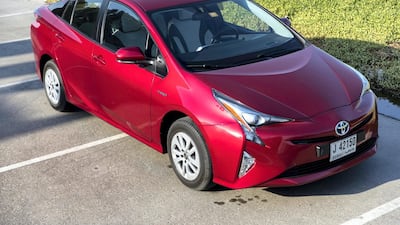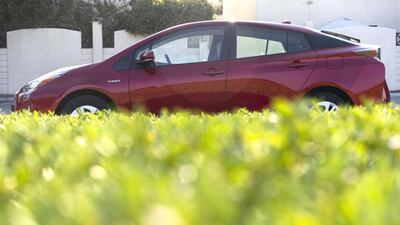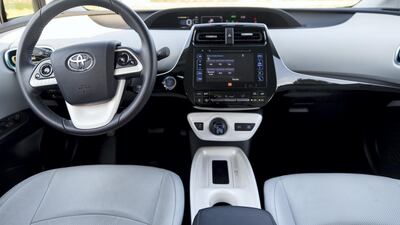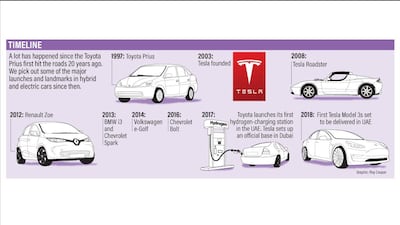Given that, in the year 2018, just about any car that eschews the conventional fossil-fuel-only template still seems to be talked about as "cutting edge" technology, it is almost incredible to ponder that the Toyota Prius celebrated its 20th anniversary this past month.
It won’t go down in automotive history as the fastest, prettiest or even most-desirable car ever, but it just might be one of the most important ones, having driven the hybrid revolution into the mainstream consciousness.
Last year, all time sales of Toyota hybrid models topped the 10-million mark; more than four million of those were Prii – yes, that really is the official plural, the result of a Toyota-led public vote in 2011.
The game has changed almost immeasurably since then, and the major four-wheeled factor in that sea change is one Elon Musk and his incredible, fast-expanding Tesla range.
Given the head-pinning acceleration of the Model S and Model X – and even more to come from the new Roadster (0-to-100kph in 1.9 seconds, anyone?) – and an ever-increasing charging network both in the UAE and globally, hybrids could be in danger of being left in the dust of full-electric cars.
So where does this leave the best-selling Prius? Its market share versus full-electric rivals seems fairly safe for now, given that it costs from a mite more than Dh87,000 (my Iconic test model costs Dh102,795), which is about Dh40,000 less than the best estimate of the entry-level Tesla Model 3 when it lands in the Emirates later this year. And sheer visibility seems set to keep it above hybrid rivals – it has almost become a Hoover-esque byword for the car genre.
But what is really behind the Prius’s success is its ability to impress as a city car. This isn’t, it has to be said, the most rewarding drive should your main hours between the wheel be spent on between-conurbation commutes such as the daily Abu Dhabi-Dubai slog.
Initial bursts of electricity- boosted acceleration have long since faded away once you get to the somewhat more asthmatic upper reaches of highway speeds. Strangely, one driver of a blacked-out old Lexus LS takes it upon themselves to try to race me on the E311, clearly irked by being out-accelerated in lower gears. I politely decline, not least as it would eventually become a ridiculous contest.
In town, however, the Prius has the zip to make traffic navigation a breeze, as well as enough presence to stop you being bullied in a way that some smaller hybrid and electric cars – rather a size staple for many manufacturers in these fields – don’t wield.
_______________
Read more:
Toyota looks to bring more eco-friendly cars to the UAE
Toyota engineer aims to recharge sales for Prius plug-in
Are green cars still that environmentally friendly after their manufacturing processes?
_______________
Fans of cult British confectionery Liquorice All Sorts would probably find the interior of my test car reassuringly familiar, because its black-and-white livery is rather reminiscent of brand mascot Bertie Bassett. It does have a certain character, though, even if it does take a couple of days of driving to get used to the speedometer being part of the central dash display, rather than at steering wheel level.
Getting moving at higher speeds does require a fair bit of right-pedal hammering, but even after I do that for several days of driving, the dash display reveals a steady fuel consumption of 5.9L / 100km. Nothing to be sniffed at, although the world might not be saved by such modest gains. Toyota do claim the Prius can achieve 3.8L/100km, which seems entirely possible if your driving is restricted to less-thirsty outings, aided by stop-start technology.
The Prius has kept up with the world sufficiently that it doesn’t seem likely to be disappearing any time soon, then. And as a pioneer in the field, it deserves its place in a fast-expanding lineage that, as we continue to strive for a world that won’t turn into one big desert, has become a necessity rather than a luxury.
